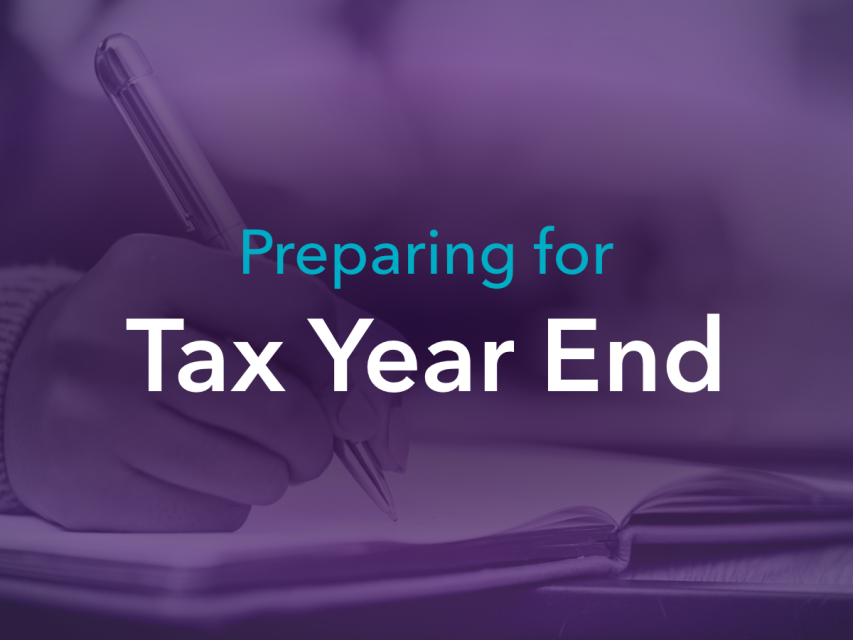Reviewing your retirement income strategy
Planning for retirement isn’t just about building your pension pot — it’s about ensuring that your income strategy continues to serve your needs as life evolves.
Whether you’re approaching retirement or already drawing from your pension, regularly reviewing your retirement income plan can be beneficial in maintaining financial security and peace of mind.
Our guide will help you decide when and why to review your retirement income strategy.
Have an understanding of the overall picture
The first step is knowing what you’ve got:
- State Pension: Check your forecast on the Gov.uk website. As of the 2025/26 tax year, the full new State Pension is £230.25 per week, but not everyone qualifies for the full amount. The exact amount also depends on your National Insurance contributions over your working life
- Workplace & Private Pensions: Make a list of all your pension pots, including any defined benefit (final salary) schemes and Defined Contribution Pensions. You can then use pension tracing services to find contact details to use if you’ve lost track of any
- Savings and investments: ISAs, rental income, dividend income, or other savings can all play a role in supplementing your pension
- Debt and expenses: It’s important to know what you owe and how much you spend. Your outgoings in retirement may look different – but they don’t go away entirely
How are you accessing your pension?
Choosing how to draw your pension is one of the most important retirement decisions you’ll make as it can affect your income level and the sustainability of your funds, tax implications, investment risk and legacy planning.
The main access options will include:
- Annuity
- Flexi-access drawdown
- Uncrystallised Funds Pension Lump Sum (UFPLS)
- Full withdrawal as a single lump sum
It’s important to seek financial advice to help you understand which option is most suitable for your personal needs. For further information on the different options available when it comes to taking money in retirement, click here.
Adapt to any change in your circumstances
Many review their retirement plans on a yearly basis, often ensuring they make best use of any yearly allowances they have available. However, life is unpredictable and key events can also trigger a review of your retirement plan:
- Health changes: If you or your partner face health issues, you may need to reassess spending, care costs or life expectancy assumptions
- Relationship changes: Marriage, divorce or bereavement can significantly impact your financial outlook
- Relocation: Moving house, especially abroad or to a different part of the UK, may affect your cost of living and tax situation
- Inheritance or windfall: Receiving a lump sum might change how much income you need to draw from your pension
Be aware of changes in legislation or tax rules
UK pension and tax laws don’t stand still. Even seemingly small changes in tax bands or pension freedoms can impact when and how you draw your income – particularly if you’re juggling multiple income sources.
Some examples of this include:
- Normal minimum pension age (NMPA) increase: The normal minimum pension age (NMPA) is the earliest age most people can start withdrawing money from their Personal and Workplace Pensions. This is rising from 55 to 57 in 2028
- State Pension age: The State Pension age is currently 66 for both men and women, but it is set to increase to 67 from 6th May 2026
- Inheritance Tax and pension death benefits: Rules continue to evolve, impacting how pension pots can be passed on. From April 2027, unused pension funds and lump-sum death benefits payable from registered pension schemes will potentially be liable to Inheritance Tax
- Fiscal events: Keep an eye on the Budget and Autumn Statement each year or work with a financial adviser who will alert you to relevant changes
Market and economic changes
Your retirement income strategy isn’t just shaped by your personal choices – it can be impacted by the economy around you. It can help to stay alert to inflation and interest rate movements, investment market cycles, property trends and Government fiscal policy.
Economic shifts can raise the cost of essentials like energy, housing, or healthcare, meaning you may need to adjust spending plans, withdraw more from your pension, or find new income sources.
A diversified, flexible, and well-reviewed plan can allow you to manage risk through diversification, build contingency options, allow for tax efficiency and give you more control to combat potential changes. Speak to a financial adviser periodically to adapt your plan to any new legislation or changes in your income needs.
Approaching a key milestone
Some ages come with important financial decisions, for example:
- 55 – This is the earliest age you can access defined contribution pensions (rising to 57 from 2028)
- 66+ – State Pension age (depending on your birth year)
- 75 – There will be tax considerations on pension pots and annuities that are inherited by your beneficiaries if you die when you’re 75 or over
Reviewing your strategy as you approach these ages ensures you’re in a strong position to make the most tax-efficient and sustainable decisions.
Final thoughts
Whether you review your retirement plan independently or with the help of a financial adviser, doing so regularly can help protect your lifestyle, avoid nasty surprises, and give you peace of mind for the years ahead.
With investing, your capital is at risk. Investments can fluctuate in value and you may get back less than you invest. This material is not a personal recommendation or financial advice and the investments referred to may not be suitable for all investors.
Tax is subject to an individual’s personal circumstances and tax rules can change at any time.
The Financial Conduct Authority do not regulate Will Writing, Tax Advice and Estate Planning.
Pension eligibility and tax rules apply. You should ensure your contribution does not result in your total Pension contribution within the tax year exceeding £60,000 or 100% of your earnings, whichever is lower.
ISA eligibility and tax rules apply.
True Potential Wealth Management is authorised and regulated by the Financial Conduct Authority. FRN 529810. Registered in England and Wales as a Limited Liability Partnership No. OC356611.
True Potential Investments LLP is authorised and regulated by the Financial Conduct Authority. FRN 527444. Registered in England and Wales as a Limited Liability Partnership No. OC356027.
True Potential LLP is registered in England and Wales as a Limited Liability Partnership No. OC380771.





